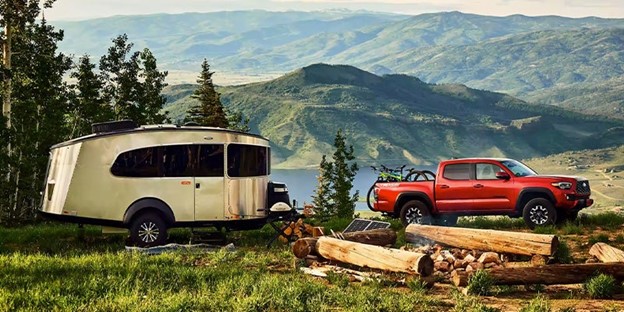Hearts at Altitude: What Kilimanjaro Teaches About the Strength to Care
In a century obsessed with acceleration, Mount Kilimanjaro remains still. It does not shout or demand, yet it draws people from every continent to test themselves against its quiet authority. What they discover is not merely endurance but empathy — the strength to care when exhausted, to lead gently when afraid.
The mountain is more than a challenge; it is a mirror of conscience. Each climber sees, reflected in the thin air, the truth that compassion and courage are not separate virtues but the same muscle trained under different weights.
The Ascent of Empathy
The first day feels deceptively easy. Laughter echoes through the forest; boots remain dry; optimism still outweighs altitude. But as the path rises into the moorlands, every breath begins to cost something. Here empathy takes form — not as pity, but as recognition.
When a teammate slows, when a guide shoulders an extra bag, when a porter smiles despite the cold, climbing Kilimanjaro becomes a lesson in shared humanity. Fatigue becomes fellowship. The air thins, and the heart expands.
The Morality of Momentum
Progress on Kilimanjaro is never linear. Weather turns; bodies falter. Yet the moral task is simple: keep moving, but not at the expense of others. The guides teach pole pole — slowly, slowly — a rhythm that preserves both stamina and solidarity.
This lesson reaches far beyond the trail. In business, in leadership, in love, momentum without mindfulness is brutality in disguise. True progress must include kindness in its calculation.
The Courage to Listen
Above the treeline, the mountain grows silent. Wind replaces dialogue; fatigue replaces pride. To continue safely, one must learn to listen — to the body, to the weather, to the wisdom of those who have walked this path a hundred times.
Listening, the climber realises, is an act of courage. It requires humility, the willingness to yield, the trust that strength can coexist with surrender. In that surrender lies survival.
The Fellowship of the Cold
At 4 000 metres, the nights are merciless. Frost creeps into zippers, stars feel sharp enough to cut. And yet, amid the hardship, community glows warmer than any flame. Someone passes cocoa; another adjusts a tent flap; a guide hums a lullaby in Swahili.
These are not grand gestures. They are small mercies — proof that compassion, like oxygen, works best when shared. The higher one climbs, the more one depends on grace.
The Summit of Gratitude
Summit day strips away pretence. There are no competitors here, only pilgrims. Each step is a negotiation between exhaustion and faith. When dawn finally spills gold across the glaciers, tears often fall unbidden — not from triumph, but from thankfulness.
The view is vast, but the emotion is intimate. The climber understands that gratitude is not a reaction to success; it is the source of it.
The Descent of Understanding
Returning to the world below, everything familiar looks altered — softer, slower, sacred. The climb has re-tuned perception. Meals taste richer, laughter deeper, silence kinder. Kilimanjaro’s greatest gift is not height, but heart: the rediscovery that compassion is renewable, provided one keeps climbing toward it.
Where the Climb Continues
The mountain’s moral stays clear long after descent: strength matters, but gentleness sustains. To live well is to keep one’s heart at altitude — above resentment, above haste, above indifference.
For those ready to experience this transformation — not to conquer a peak but to comprehend themselves — it begins with those who lead each ascent with compassion, precision, and principle. Their guidance turns endurance into empathy and challenge into communion — a living testament that greatness and goodness can indeed share the same path.
Learn how to prepare for this journey with Team Kilimanjaro’s detailed packing list — because even care, like strength, begins with preparation.






